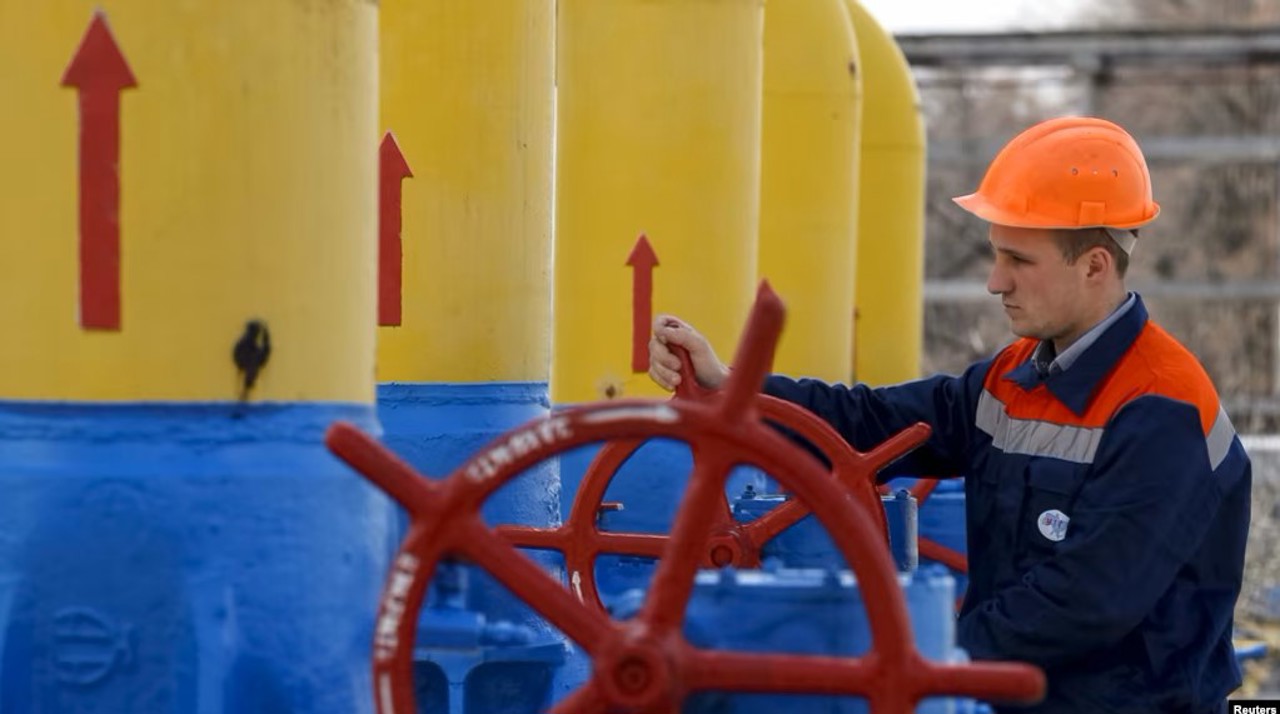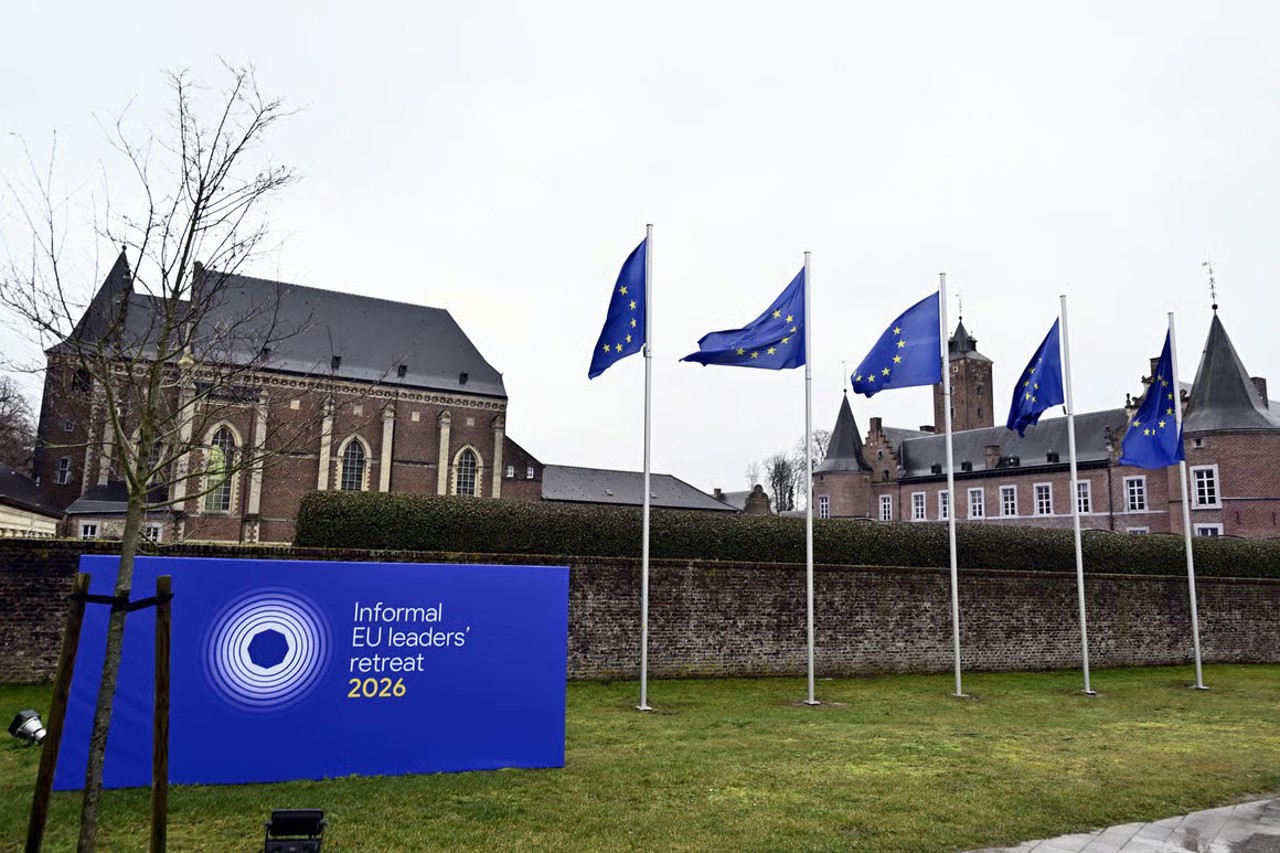Russia's gas manipulation: Moldova's energy crisis explained
Russia has used energy resources as a tool of political pressure on the Republic of Moldova since the early years of its independence, exploiting them to influence the country's domestic and foreign policies.

Over the decades, Russia’s energy blackmail has manifested in various forms, from suspending natural gas deliveries to manipulating prices and commercial terms.
Suspension of Gas Deliveries in 1992
In the summer of 1992, the separatist authorities in Tiraspol cut off natural gas deliveries to Chișinău by shutting off the valve on the Odesa-Tiraspol-Chișinău pipeline. This pipeline was vital for supplying the Moldovan capital and other regions with natural gas. This action occurred just before the signing of the ceasefire agreement in the Dniester conflict, underscoring the use of energy as a political pressure tactic. As a result, Chișinău was forced to rapidly construct an alternative pipeline to ensure gas supplies, while Tiraspol retained control over a significant portion of the energy infrastructure in the Transnistrian region.
The 1998 Russian Financial Crisis: A Political and Economic Instrument Against Moldova
During the 1998 financial crisis in Russia, the suspension of gas deliveries to Moldova was a direct consequence of the region’s economic difficulties and the strained relations between the two parties. This period underscored the use of natural gas as a political and economic tool by the Russian Federation.
Winter Shutdowns in 1998
In 1998, the suspension of gas deliveries coincided with a harsh winter, creating significant hardships for the population, public institutions, and the industrial sector. Daily power outages lasted up to 14 hours. The reduction or cessation of gas supplies severely impacted Moldova's economy, especially industries that relied on natural gas for production. Additionally, the gas crisis intensified public dissatisfaction, as citizens faced a lack of heating and energy.
Corruption and Gazprom's Influence on Moldova's Energy Sector
Russia continued to control much of Moldova's energy sector through significant influence over Moldovagaz, the company responsible for importing and distributing gas. After the 1998 restructuring, Gazprom controlled over 50% of Moldovagaz and held 13.42% of the company's shares via the Transnistrian region. The transfer of assets to Gazprom was justified as a means of settling debts, but experts have assessed that the assets were undervalued at a ratio of 9:1, favoring Gazprom. This dominance allowed Russia to exercise nearly total control over Moldova's energy infrastructure. Internal corruption further complicated energy sector management, and the lack of effective reforms allowed Russia to maintain its influence.
Gas Blackmail and the 2006 Economic War Between Moldova and Russia
At the beginning of 2006, Russia suspended gas deliveries to Moldova and, in March, imposed an embargo on Moldovan wines. These economic measures were accompanied by a sharp increase in gas prices from $80 to $160 per 1,000 cubic meters, which Chișinău saw as a political pressure tactic related to the Transnistrian conflict and Moldova's pro-European orientation. Russia suggested that a reduction in gas prices could be negotiated only if the Moldovan government relinquished part of its shares in Moldovagaz, a proposal rejected by Moldova’s authorities.
Gas Crisis of 2009: Moldova Affected by Russia-Ukraine Conflict
In 2009, Moldova again faced a suspension of natural gas deliveries due to the conflict between Russia and Ukraine. This disruption caused an energy crisis in Moldova, particularly affecting the industrial sector and residential consumers. The dispute between Russia and Ukraine over gas prices and debts for natural gas deliveries directly impacted Moldova.
Rising Gas Prices and Manipulation of Commercial Conditions
Over the years, Russia manipulated gas prices, significantly increasing them in the post-Soviet period. In 2007, Moldova paid $170 per 1,000 cubic meters of gas, and by 2011, this price had risen to $400. Despite these increases, Gazprom continued to use gas as a tool of influence over Moldova. In 2020, at the end of a contract, Gazprom demanded that Moldovagaz accept a price formula based on European gas prices, which would result in a considerable rise in costs for Moldova.
Energy Crisis in 2021 and 2022: Conditions Imposed by Russia
In 2021, Russia unilaterally changed the formula for calculating gas prices, resulting in a sharp increase to $790 per 1,000 cubic meters. Gazprom imposed stringent conditions on Chișinău, including converting Moldovagaz’s historical debt into a government debt to be repaid within three years. Moldova was forced to accept these terms but managed to negotiate an extension of the repayment deadline to five years, effectively reducing the debt and delaying the implementation of EU energy regulations. In 2022, Gazprom reduced the daily gas supply to Moldova to 5.7 million cubic meters, redirecting the volume to the Transnistrian region for consumption and electricity generation at MGRES. For the first time in 30 years, Moldova reduced its dependence on Russian gas, sourcing the necessary volumes from the EU via the Iași-Ungheni pipeline.
2024-2025: Complete Suspension of Gas Deliveries
On January 1, 2025, Gazprom suspended natural gas deliveries to Moldova, citing Moldovagaz’s failure to meet payment obligations. This decision severely affected the Transnistrian region, which relied on Russian gas for electricity production. Starting January 1, the Cuciurgan Power Plant (MGRES) no longer provided electricity to the right bank of the Dniester River. The energy deficit is now covered by local production, cogeneration plants, renewable sources, and imports based on bilateral contracts and market purchases.
This situation has led to an increase in electricity tariffs for consumers, as the cost of imported electricity is nearly double that of MGRES, and the share of imported energy has reached approximately 60% in the first 20 days of 2025. The suspension of gas deliveries in Transnistria has resulted in widespread disconnections from gas, hot water, and thermal energy in most localities. Many citizens, including those in the Security Zone, have found themselves in the cold, in darkness, and without hot water. Currently, the left bank’s electricity supply continues to rely on MGRES, which operates on coal. Given the acute energy deficit, rolling blackouts are being implemented to prevent grid overload.
At the same time, experts consider the energy crisis in the Transnistrian region to be artificially created by the Russian Federation in an effort to destabilize Moldova ahead of the parliamentary elections.
Currently, the so-called authorities in Tiraspol are attempting to resume gas deliveries to the region, though it is still unclear how this will unfold.
Translation by Iurie Tataru






